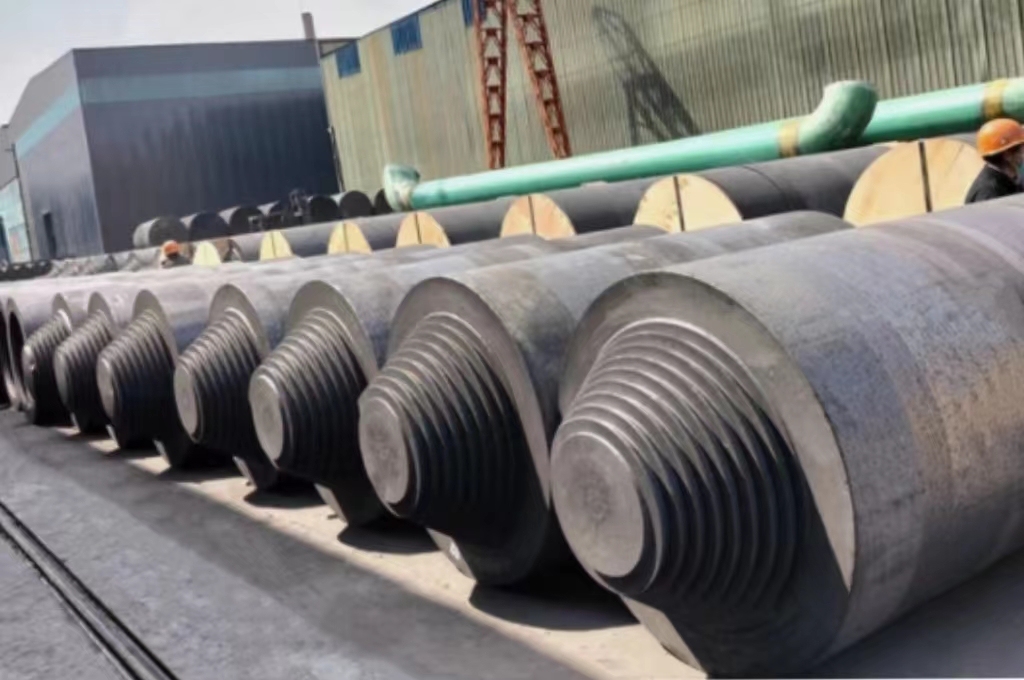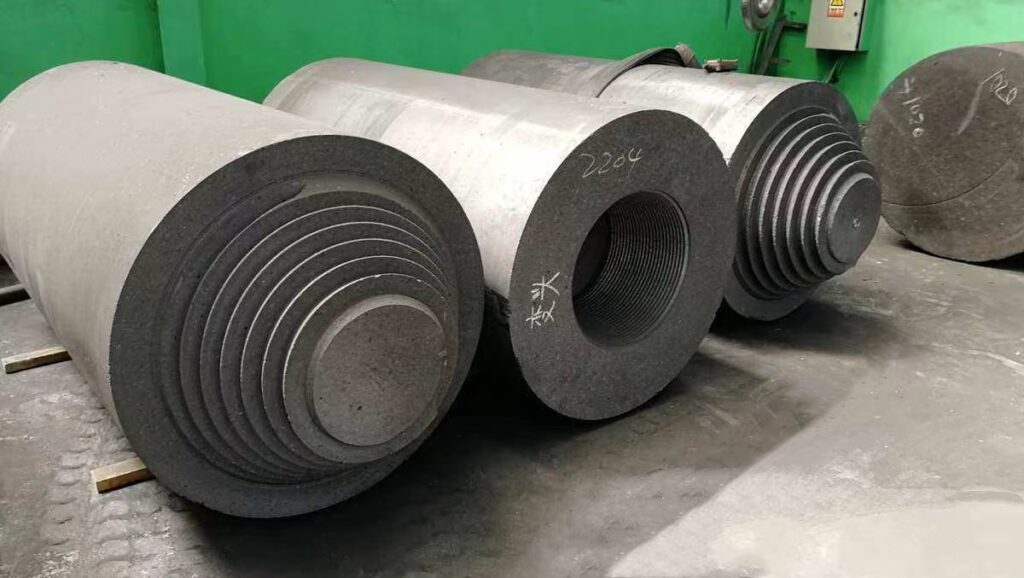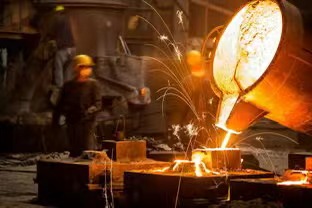Carbon electrodes, especially those made from graphite, hold a special place in the field of electrochemistry. Their wide usage in electrolysis processes prompts a compelling query: Why are carbon electrodes the choice for this critical application? Let’s unravel the rationale behind this preference, digging into the properties that make carbon electrodes ideal for electrolysis.
Indice dei contenuti
ToggleWhat are carbon electrodes?
The Unique Composition
Carbon electrodes,mainly composed of carbon or graphite materials, are widely used due to their excellent high temperature resistance and electrical conductivity. Their robust structure, resistance to corrosion, and chemical inertness are other key attributes contributing to their broad applicability in electrochemical processes like electrolysis.
Reasons for Using in Electrolysis
Eccellente conduttività elettrica
Carbon electrodes, notably graphite ones, exhibit excellent electrical conductivity, a paramount requirement in electrolysis. The efficient transfer of electrons is vital in driving the electrolytic reactions, and elettrodi di grafite excel in this regard, enabling swift and effective responses.
Exceptional Chemical Inertness
Carbon electrodes are chemically inert, meaning they don’t readily react with other chemicals. This property is crucial in electrolysis as it ensures that the electrode doesn’t participate in the reactions. Thus, the reactions at the electrodes are solely due to the ions in the electrolyte, preventing any unwanted side reactions.
Resistance to Corrosion
In electrolysis, carbon electrodes are subjected to rigorous conditions that can lead to corrosion or degradation over time. However, carbon rod electrodes resist such corrosion due to their strong carbon-carbon bonds, leading to increased durability and longer-lasting performance.
Affordability and Availability
On a practical note, carbon, specifically graphite, is readily available and relatively inexpensive compared to other materials with similar properties. The cost-effectiveness of carbon electrodes, coupled with their functional advantages, make them a favored choice in many electrolysis applications.
Carbon Electrodes in Different Electrolysis Processes
Water Electrolysis
In water electrolysis, they are often used because of their resilience to the highly oxidative conditions at the anode where oxygen is produced. Their electrical conductivity and chemical stability make them an effective choice for this process.
Electrolysis in Industrial Processes
Various industrial processes, such as the production of chlorine and caustic soda, utilize electrolysis. Carbon electrodes’ resistance to extreme conditions and their inert nature makes them suitable for these applications, ensuring the efficiency and safety of the process.
Conclusione
In the complex world of electrochemistry, carbon electrodes, particularly those made from graphite, stand out for their unparalleled properties and the resulting efficacy in electrolysis. They provide the right balance of electrical conductivity, chemical stability, and affordability, making them a popular choice across various applications. As our understanding of materials and electrochemistry deepens, their role in electrolysis may continue to expand and evolve.



